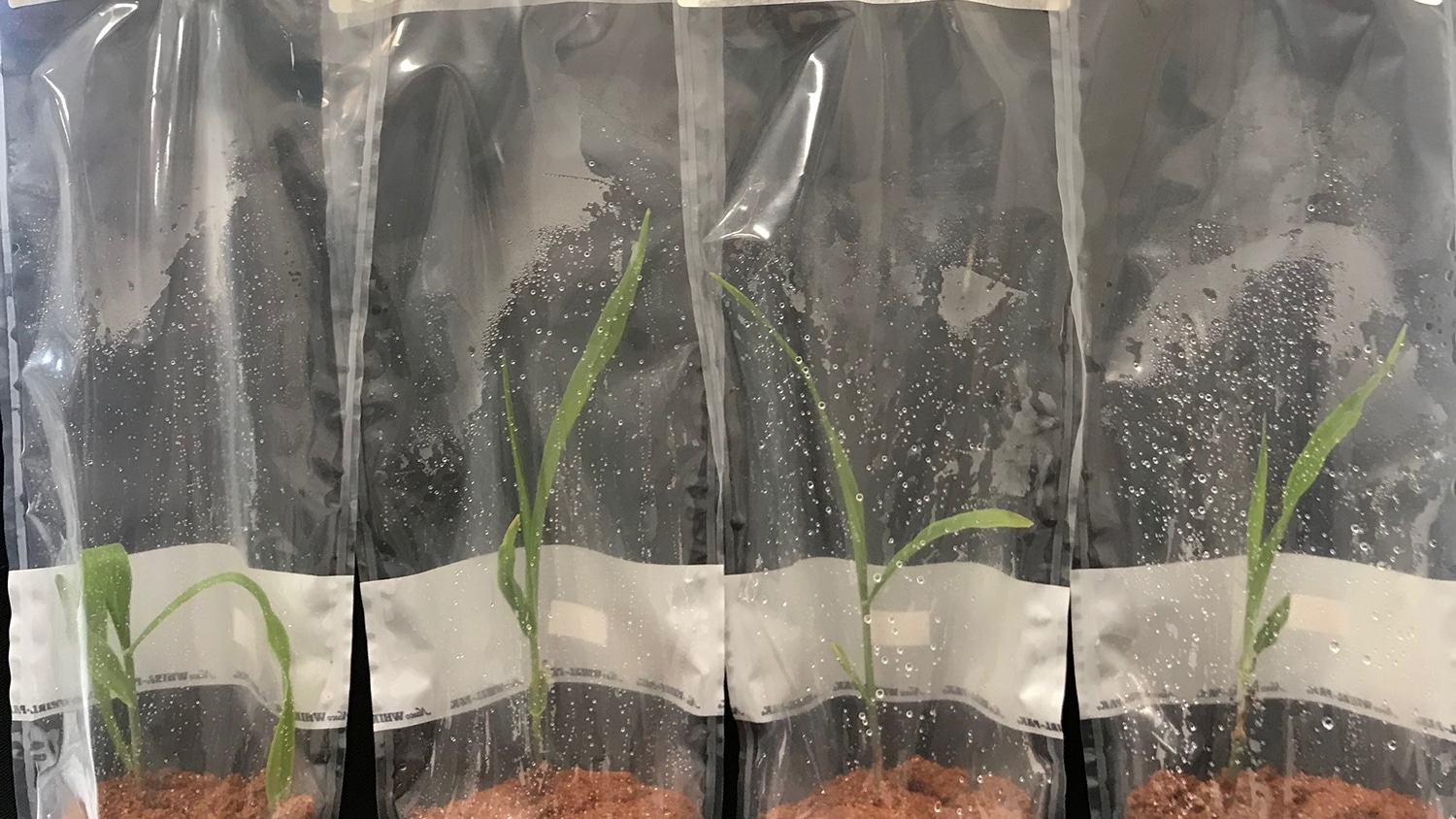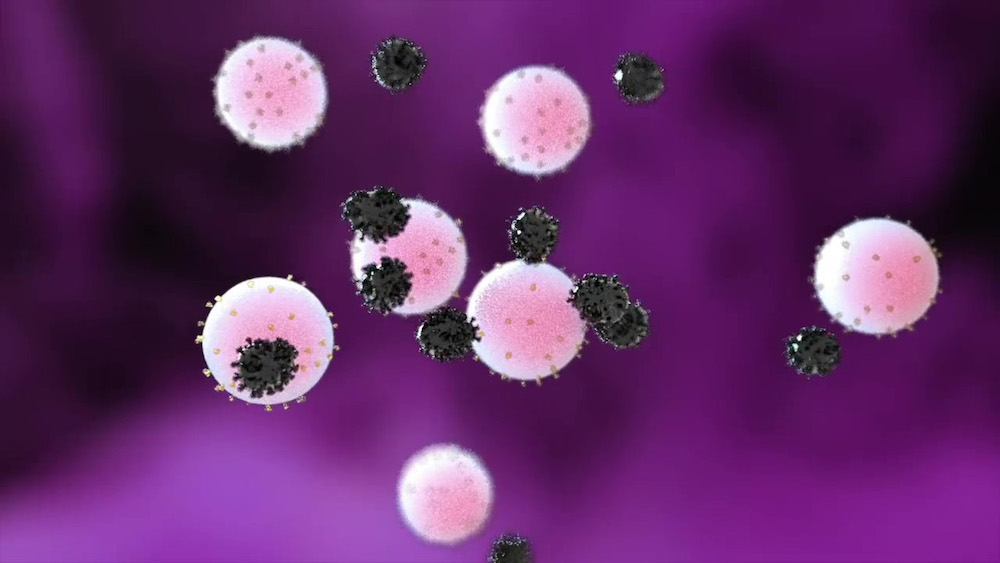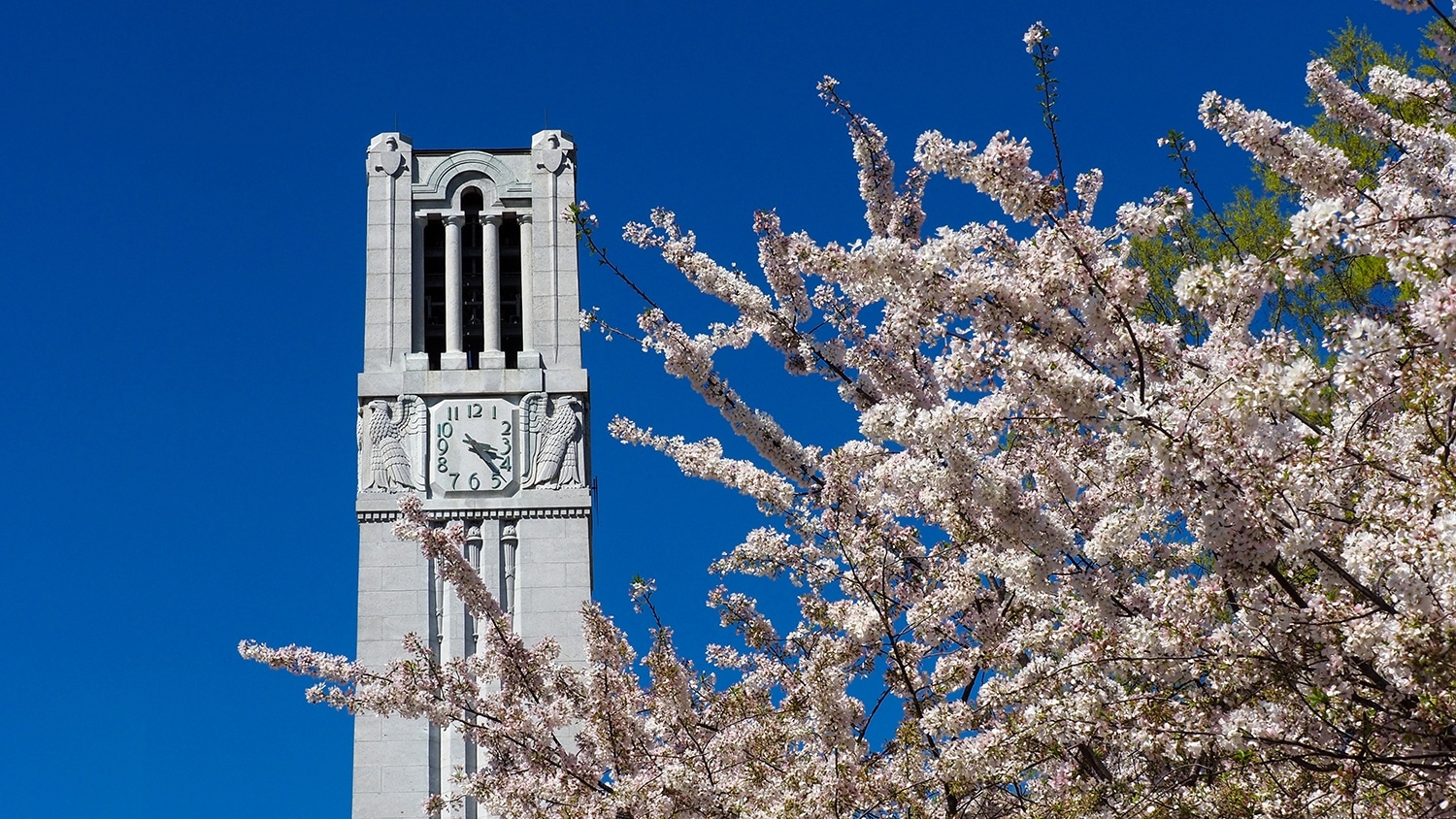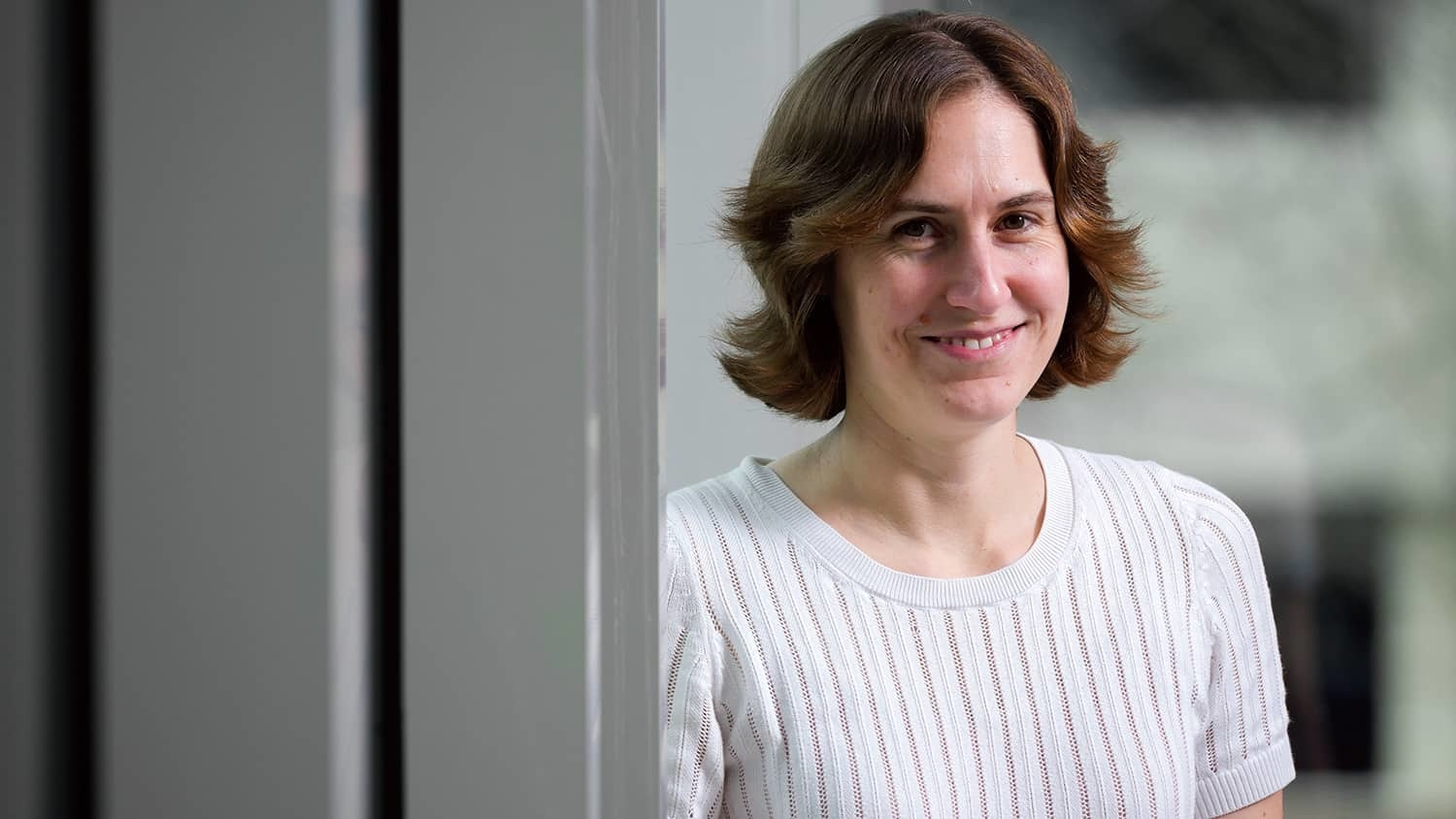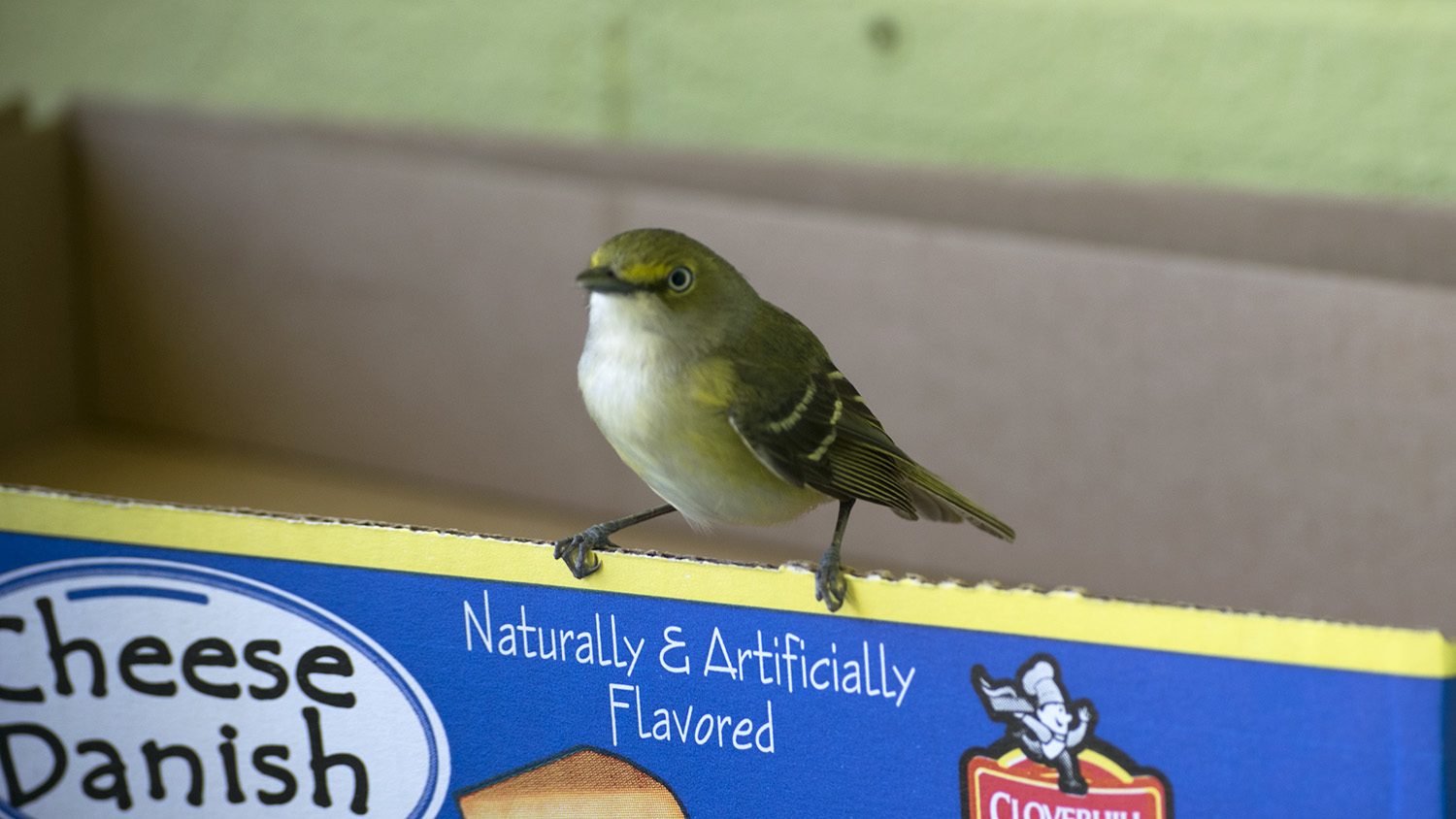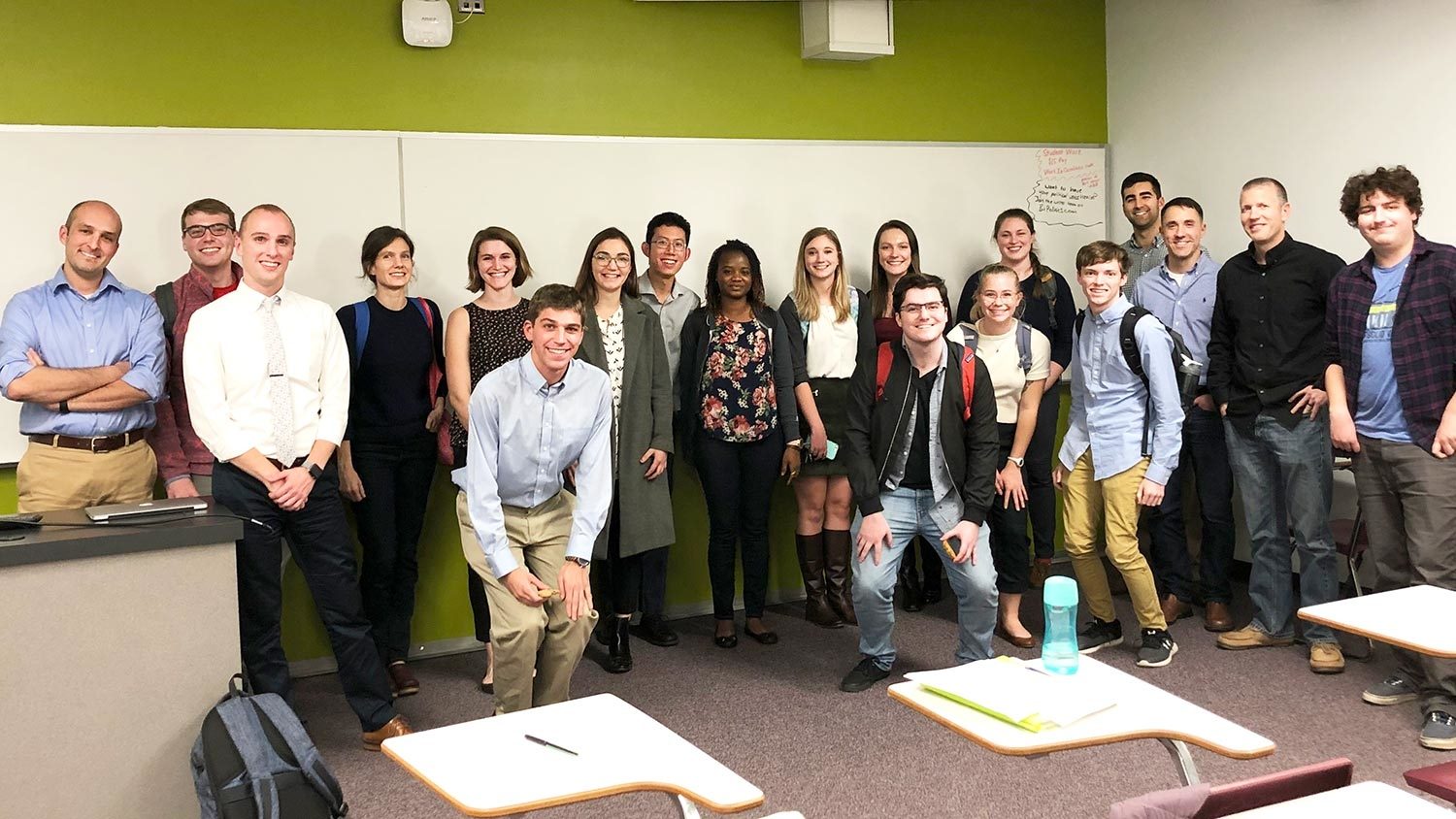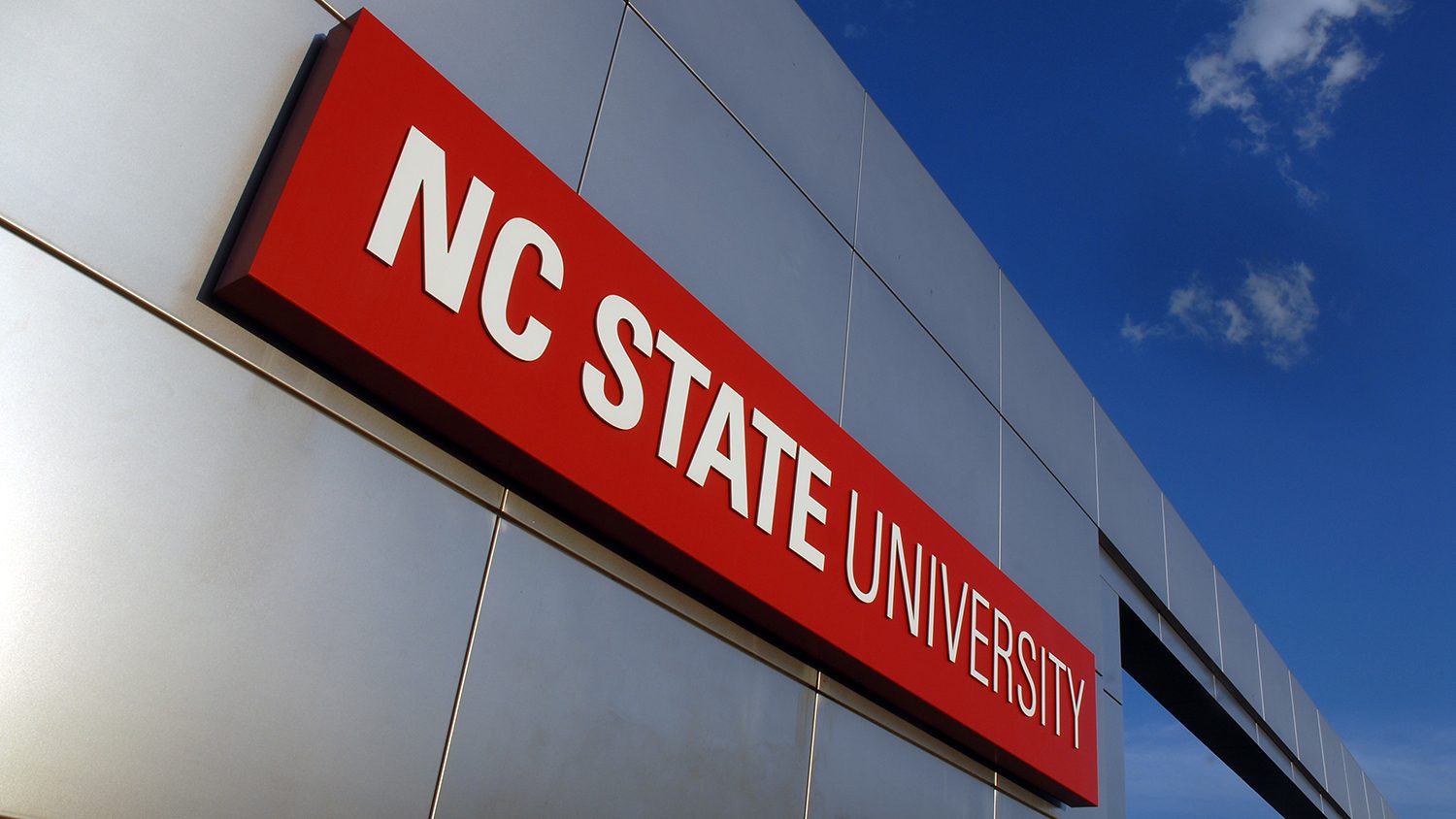Cluster Faculty
Microbes Play Role in Corn ‘Hybrid Vigor’
Tiny soil organisms have surprising effects on a crop phenomenon that generally favors hybrid over inbred plants.
‘Nanodecoy’ Therapy Binds and Neutralizes SARS-CoV-2 Virus
Research led by the CVM’s Ke Cheng shows that nanodecoys can bind to SARS-CoV-2, helping clear the virus faster.
CALS Researcher Awarded NSF Grant to Study Activation Domains
Associate Professor Ross Sozzani is one of the principal investigators on a new NSF grant to study activation domains on Arabidopsis plants. This $3.4 million project is a joint research collaboration between NC State, Duke, and UC Berkeley – and is expected to pave the way for new gene editing techniques in agricultural crops.
NC State Announces Inaugural Goodnight Early Career Innovators
Three cluster faculty are among 24 promising NC State early-career faculty whose scholarship is in STEM or STEM education has been recognized through a new awards program.
Physicist’s Book Makes New York Times 100 Notable Books, Other “Best of” Lists
NC State physicist Katie Mack’s book The End of Everything(Astrophysically Speaking) was named to the New York Times’ 100 Notable Books of 2020. In The End of Everything, Mack, an assistant professor in the Department of Physics, talks through five possible ways the universe will end. She uses cutting-edge astronomical observations and particle experiments to guide…
Framework Improves ‘Continual Learning’ For Artificial Intelligence
Researchers have developed a new framework for deep neural networks that allows artificial intelligence (AI) systems to better learn new tasks while “forgetting” less of what it has learned regarding previous tasks.
New Technique Cuts AI Training Time By More Than 60 Percent
New artificial intelligence training technique reduces training time for deep learning networks by more than 60 percent without sacrificing accuracy.
Triangle Bird Count Survey Seeks To Shed Light On Urban Wildlife
A new bird population survey focuses on getting a better understanding of the birds that live in Raleigh, Durham and other urban centers.
Unique Course Teaches About Climate, Campus
NC State students in an applied problem solving course led by Christopher Galik explored climate action on campus.
New Computer Program Aims to Reduce DNA Contamination in Microbial Samples
A new, open-source software package created by researchers at NC State and Stanford could help reduce contamination in microbial samples.
